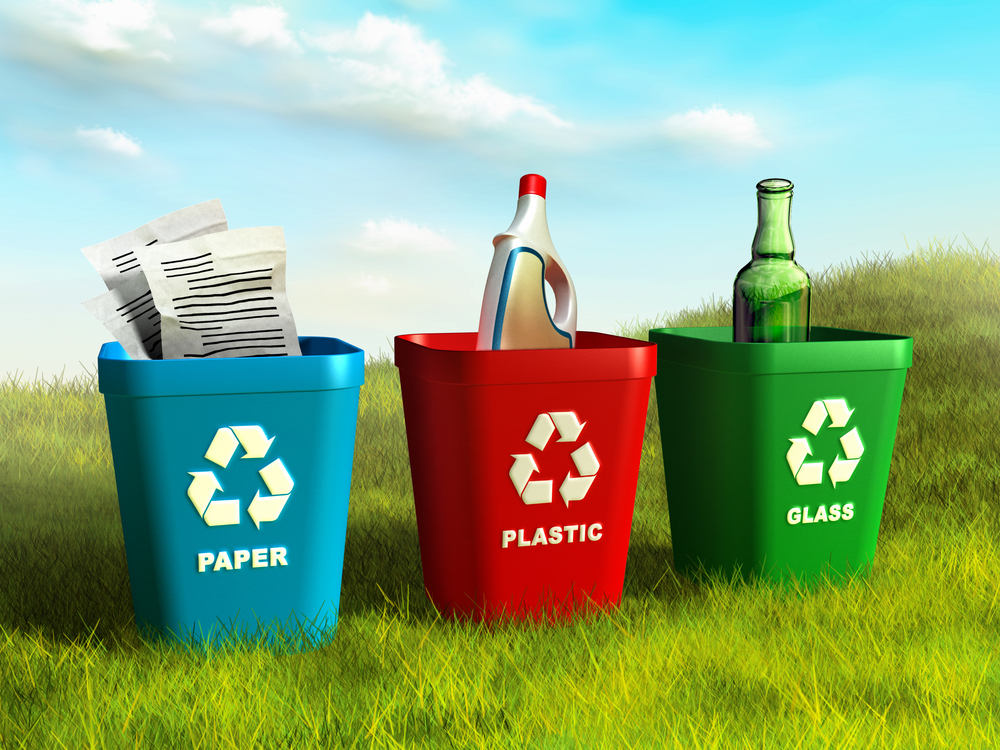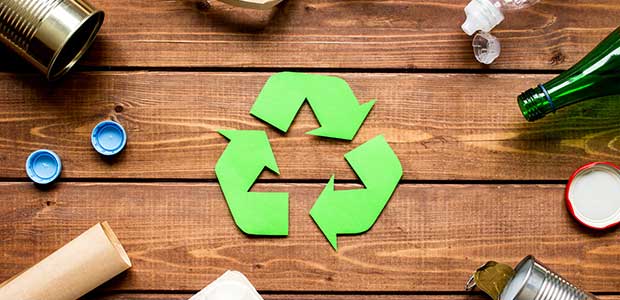Recycling is reducing the amount of waste that is sent to landfills. This can be done by using recyclable materials. Recycling is very important because it preserves limited resources such as fossil fuels and minerals. However, the benefits of recycling are not limited to saving resources. By saving these resources, recycling can also cut down on air pollution, reduce the energy required to produce new materials, and help the environment in many other ways.
To understand recycling, we first have to understand how the environment is affected by waste (which is what we produce). If we produce waste and simply dump it in the ground, our soils are affected. This directly affects plants that grow in the soil and indirectly affects animals that depend on those plants to survive. When we burn waste, air quality decreases and this affects animals that depend on the air to survive. When we send waste to landfills, the landfills are often not properly maintained and water can leak into the landfills, affecting the water cycle. All of these things affect humans. Recycling helps us to reduce the amount of waste we produce which means less is sent to landfills and less energy is used to produce new products. Recycling also helps to clean up our air and water.
How Does Recycling Work?

Recycling or mulching is the process of converting waste materials into reusable products. This process has been popular for hundreds of years, but it gained a lot of momentum in the late 1960s when the world was concerned about dwindling resources. These days, recycling is a popular business for many individuals. The mulching process is the most popular of recycling processes because it creates the most products. Most commonly, mulch is used in gardens and landscaping, but it can also be used in agriculture and forestry. Mulch adds nutrients to the soil and kills off insects and pathogens.
Recycling is to use resources more efficiently or to preserve them for use in the future. With recycling, you do not have to wait for a natural resource to replenish itself. It is the process of converting trash into reusable products. There are various ways to recycle such as economical, social, and others ways of recycling. Improper, Inefficient and Un-recyclable waste materials can be converted into materials that can be used again. This process is called as waste to energy conversion.
Recycling is the process of converting used materials into new materials and objects. It includes three steps, collection, separation and processing. Generally, trash is collected, sorted, and then processed into a new product. The separated materials are made into a new product.
The Importance Of Recycling
Recycling is important in maintaining the quality of the environment that we live in. It is a very simple process and it can be applied at homes and in offices where waste is produced. Recycling reduces the dependency on use of virgin materials, which in turn reduces the consumption of natural resources. Recycling also reduces the amount of waste that is dumped into landfills.
Recycling is one of the most important things we can do to protect the environment. We all know the importance of recycling paper, plastic, metal, glass, and food items, but did you know that your electronics also need to be recycled? Just like other waste products, electronics can not be buried in a landfill and left for future generations to come. Electronics contain harmful chemicals, but instead of taking them to your local recycling center, you can donate them to a number of organizations.

